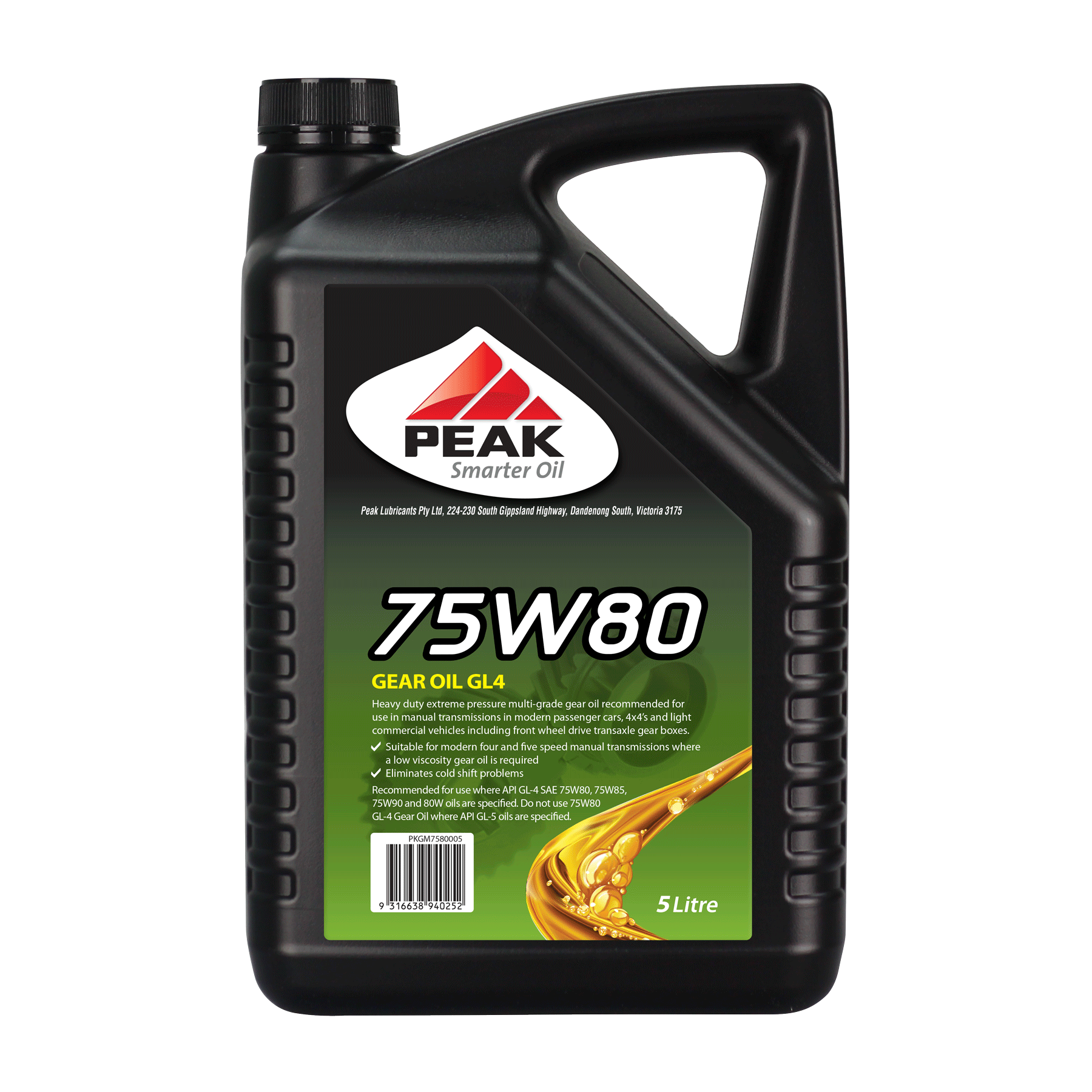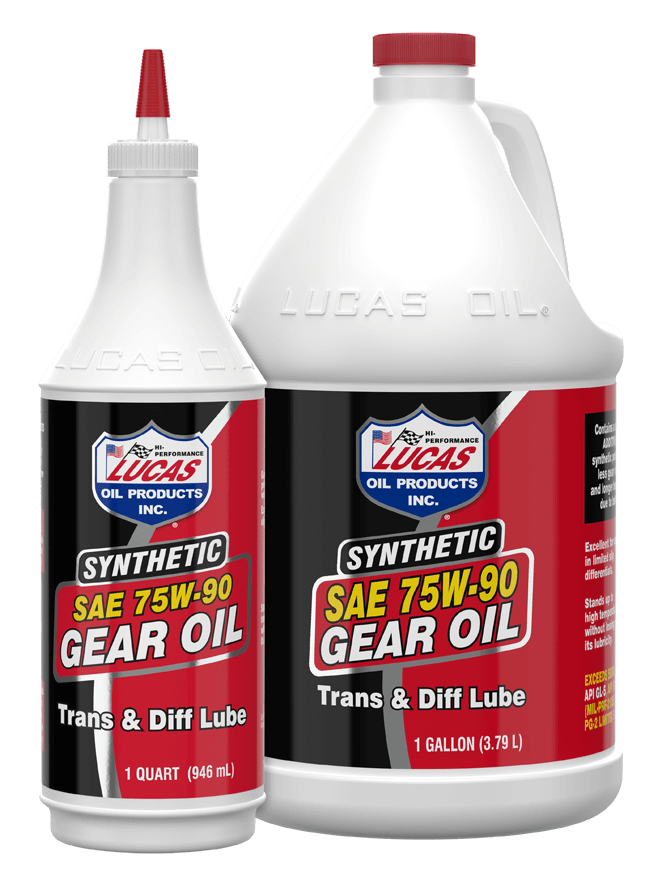When it comes to choosing the right oil for your vehicle, it’s crucial to find the one that meets the manufacturer’s recommended specifications. In this case, the question arises whether it is possible to use 75W90 instead of 75W85 oil. Let’s take a closer look at this topic and find out the answer.

Credit: www.peakoil.com.au
What’s the Difference?
Viscosity is an essential factor to consider when selecting oil for your vehicle. The numbers in front of “W” represent the oil’s viscosity grade for cold temperatures. The number after the “W” stands for the viscosity grade at operating temperatures. In this case, we’re comparing 75W90 and 75W85 oils.
The difference between 75W90 and 75W85 lies in their viscosity ratings. The “90” in 75W90 indicates that the oil has a higher viscosity at operating temperatures compared to the “85” in 75W85. This difference can affect the performance and protection of your vehicle’s transmission and differential.
Manufacturer Recommendations
It’s essential to follow your vehicle manufacturer’s recommendations when it comes to selecting the right oil. Manufacturers spend extensive time and resources testing different oils to determine the specifications that provide optimal performance and protection for their vehicles.
If your vehicle manufacturer recommends using 75W85 oil, it is advisable to stick to their recommendation. Using the correct viscosity oil ensures that your vehicle operates smoothly and efficiently, minimizing wear and tear and potential damage.
Compatibility and Potential Risks
While there may not be a significant difference in viscosity at cold temperatures between 75W90 and 75W85 oils, experts warn against substituting one for the other. The slight difference in viscosity at operating temperatures can impact the lubrication and overall performance of your transmission and differential system.
Using the incorrect oil viscosity can potentially lead to increased friction, excessive wear, and reduced efficiency. It may also cause damage to internal components, resulting in costly repairs down the line.
It’s worth noting that some vehicle forums and online discussions suggest that using 75W90 instead of 75W85 oil might be acceptable. However, it’s essential to remember that these are not official recommendations from the vehicle manufacturers themselves. Relying on unofficial advice can be risky.

Credit: www.lucasoil.com
Consulting a Professional
If you’re unsure whether you can use 75W90 instead of 75W85 oil in your vehicle, it’s best to consult a professional mechanic or the dealership. They have the expertise and knowledge to provide accurate guidance based on your specific vehicle make and model.
A professional can assess your vehicle’s needs and advise you on the appropriate oil viscosity to ensure optimal performance and longevity.
Frequently Asked Questions For Can I Use 75w90 Instead Of 75w85
Can I Use 75w-90 Instead Of 75w 85 Toyota?
Yes, you can use 75W-90 instead of 75W 85 in your Toyota. The viscosity difference will not affect its performance.
What Is The Difference Between 75w And 75w 85 Gear Oil?
The difference between 75W and 75W 85 gear oil is the viscosity at cold temperatures. Both oils have the same viscosity rating when cold. Other than that, there is no significant difference between them.
What’s The Difference Between 75w90 And 75w80?
The difference between 75W90 and 75W80 is in their viscosity at cold temperatures. Both oils are acceptable to use, and the viscosity difference will not make a significant impact.
What Happens If You Use 75w140 Instead Of 75w90?
Using 75w140 instead of 75W90 is generally acceptable. The viscosity difference will not impact the performance of the oil.
Can I Use 75w90 Instead Of 75w85?
Yes, you can use 75W90 instead of 75W85 without any issues.
Conclusion
When it comes to using the correct oil for your vehicle, it’s crucial to follow the manufacturer’s recommendations. While there may not be a significant difference in viscosity at cold temperatures between 75W90 and 75W85 oils, utilizing the recommended viscosity ensures that your vehicle’s transmission and differential operate efficiently and stay protected.
To avoid potential risks, always consult a professional mechanic or the dealership if you have any doubts or questions about which oil viscosity to use. By doing so, you can ensure the longevity and reliability of your vehicle’s drivetrain system.





